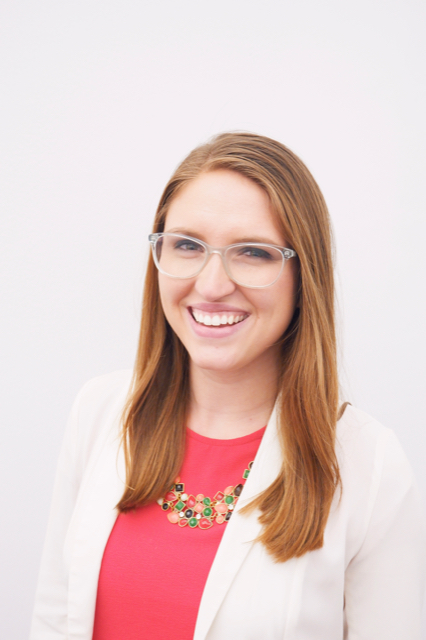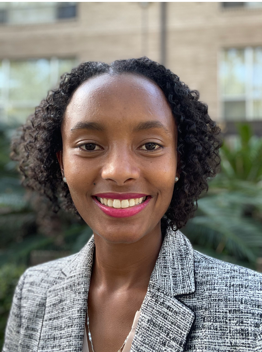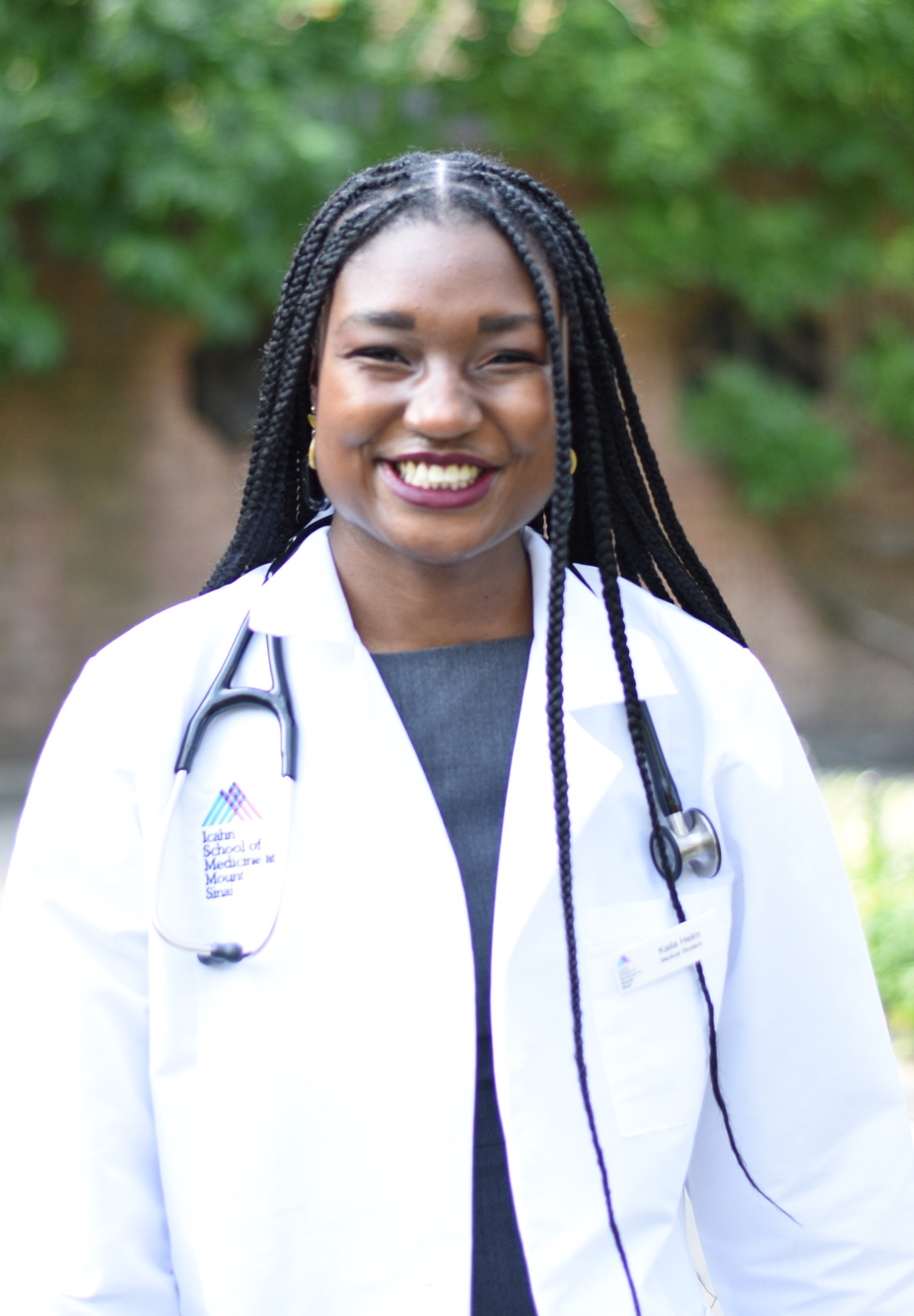Medical students in the United States often have limited opportunities to pursue a deeper understanding in how to care for those with a disability through research and medical practice. However, the MDisability program at the University of Michigan is changing that.
The MDisability summer internship program, housed within the Department of Family Medicine at U-M, was formed in 2019 in response to the lack of primary care training to address the health issues affecting patients with disabilities. Designed for upper-class undergraduate and graduate students, the program equips future health researchers with critical skills and knowledge to improve health outcomes and access to care for this patient population.
Over nine weeks, interns receive intensive on-the-job training and individual mentorship with and from established U-M family medicine researchers and clinicians specializing in disability health. The interns can also shadow and learn from other professionals across Michigan Medicine who care for people with disabilities. In addition to learning from leaders in the field, interns also develop their own capstone projects to identify and address gaps in the healthcare system for people with disabilities.
The MDisability program has caused a ripple effect in the medical community by spurring internship alumni to actively participate in disability inclusion activities at their respective medical schools and health institutions. This includes helping to revise medical school curriculum, conducting clinical research, and participating in student-led groups, which all address disability health. Five former interns share their stories about how they’re sharing knowledge about how to engage and care for those with disabilities.

Finding Confidence as a Researcher
Anah Salgat, a member of the 2019 internship cohort and now a second-year medical student at Wayne State University School of Medicine in Detroit, said she learned how she could marry her passions for medicine and helping people with disabilities. Before the internship, she wasn’t certain how to do so in a focused way.
“I learned (from the MDisability internship) that it’s a lot more feasible to incorporate disability health with medical health,” she said. “I think physicians have a lot more control in making things more accessible to people with disabilities.”
During her internship, Salgat worked with MDisability Director Michael M. McKee, MD, MPH, associate professor in the Department of Family Medicine. They collaborated on the evaluation of cognitive tests used in primary care and ascertained the level of accessibility of those tests for people who are deaf.
“I feel like I’m a lot more confident in implementing research,” she said.
In addition to her medical studies, Salgat is now a research coordinator for WSU’s student-run Disability Health and Advocacy Initiative. The initiative is a new endeavor established by fourth-year medical students who identified knowledge gaps on how to interact with patients with disabilities.
“It was a really good introduction to the collaborative environment with research,” she said about the MDisability internship.

Finding a Meaningful Way to Care for People with Disabilities
Zoie Sheets, a fourth-year medical student at the University of Illinois at Chicago, served an internship with MDisability in 2020. She was interested in the internship because, as she says, “medical school curriculum often does not represent disability at all and, when it does represent disability, it often portrays it as something negative.”
Sheets worked with Lisa Meeks, Ph.D., clinical associate professor in Family Medicine, on her Docs with Disabilities podcast. Through relationships forged during her time with MDisability, Sheets felt she became part of a community of people within the disability health field. She described it as a “fantastic” way to explore the impact of medical education, adaptive fitness, and healthcare policies on disabled learners.
Following her MDisability internship in 2020, Sheets returned earlier this year as a visiting medical student enrollee for the Disability Health Elective (DHE) course through the University of Michigan Medical School. The DHE is a two-week clinical rotation managed by the MDisability coordinator and provides medical students with clinical training and exposure to patients with disabilities.
Sheets is still an active member of the Meeks Lab, now serving on the advisory board of the international DocsWithDisabilities Initiative. She also just completed her application for residency and will be an incoming resident in Internal Medicine and Pediatrics at the University of Chicago this upcoming year. She hopes to provide care for adults and children with disabilities, using the lessons learned during her time with MDisability.
“Every doctor, regardless of their specialty, will care for those with disabilities,” she said.
“Without intentional opportunities to both unlearn harmful ideas about disability and to relearn how to care for and support these patients through a disability justice and person-centered lens, we will continue to see the disparities in prevention and outcome we have today.”

Advocating for People with Disabilities
Hiwot Abate, now an internal medicine intern at the Duke University School of Medicine, said that she gained a greater appreciation for the power of research to help those with disabilities, as well as how disabilities affect people’s overall health. During her internship with MDisability, she worked with McKee on a research paper titled, “Hearing Loss Linked to a Higher Rate of Incident Cardiovascular Disease in Adults.” The abstract from that paper was one of 50 semifinalists of the 2021 AMA Research Challenge. It has not yet been published.
Abate also said she learned how to better serve as an advocate for patients with disabilities—skills that she uses to this day.
“One way that I advocate for patients with disabilities is by asking whether they need accommodation and if so, I will make sure it is documented in their chart so that the next time they interact with a healthcare provider, they don’t have to request it or explain themselves,” she said.

Finding Room to Explore Research Interests
Kaila Helm, who completed the internship in 2020, said that McKee allowed her to follow her interests in doing research among deaf and hard of hearing Black women and mothers. “As a young professional, there was a lot of support,” Helm added. “I was able to work on a lot of projects and Dr. McKee gave me a lot of room to pursue other things.” This included collaboration on MDisability’s Deaf Health Talks and the department’s Anti-Racism and Health Equity Program.
“I learned a lot about the diversity of the deaf population and the different kinds of research that are being conducted,” she said. Helm did an oral presentation on, "Maternal Health Experiences of Black Deaf and Hard of Hearing Women in the United States” at the American Public Health Association in Denver in 2021.
She continued her work with MDisability and the Department of Family Medicine for two years after completing her internship as a clinical subjects coordinator. In her role, she supported MDisability projects focusing on deaf and hard of hearing patients at Michigan Medicine alongside McKee.
She credits her MDisability experience with giving her more confidence in conducting independent research, which has helped her navigate research opportunities at Icahn School of Medicine at Mount Sinai in New York, where she is currently a first-year medical student.

Finding Power in Shared Passions
Like her fellow alumni, Lydia Smeltz has continued to work at the intersection of disability health and research advocacy since she completed her internship in 2021. She is currently in her third-year rotation as a medical student at Penn State College of Medicine.
“I have really tried to work as an advocate with and for those with disabilities,” she said. “Faculty now come to me and ask me about issues related to disability health. That feels great and is very rewarding.”
While interning with MDisability, Smeltz worked with Oluwaferanmi Okanlami, MD, MS, assistant professor in the departments of Family Medicine, Physical Medicine & Rehabilitation, and Urology. Together, they developed an interactive map of adaptive sports and recreational opportunities in the greater Ann Arbor area. She also conducted a desk study of disability-related curriculum used in medical schools across the country, providing useful context for ongoing research in this area led by Meeks.
In addition to supporting research efforts at MDisability, Smeltz also benefitted from being a part of faculty rounds. One presentation she found especially impactful was a lecture given by Justine Wu, MD, assistant professor in Family Medicine, on the historical injustices faced by women with disabilities in the healthcare setting.
“It was powerful to see people who are all passionate about something I am passionate about,” Smeltz said. “This research is so real and it affects people’s lives.”
Smeltz has continued her advocacy work at Penn State College of Medicine, where she has contributed to the development of a new medical education curriculum focused on disability health. She also has been a key contributor in the launch of a new adaptive field hockey team, the PA Revs All Starz Field Hockey Team, which allows athletes with disabilities to take part in one of the few adaptive field hockey teams in America.
The team recently played its first game against two teams from New York. Smeltz said she encountered barriers to creating the team but found that the internship gave her the confidence and tenacity to see the endeavor to its eventual success.
“This internship taught me that I am capable of making a concrete difference,” she said. “I gained confidence, which has allowed me to employ my skills and to work collaboratively with people with disabilities and other allies to contribute to positive change.”
Passing the Torch to Future Disability Researchers and Doctors
The MDisability program has seen an increase in interest and application numbers each year since 2019, suggesting that young doctors-in-training are adopting new attitudes about caring for those with disabilities and are eager to learn new methods of caring for every patient they may see, immaterial of their disability status.
“The MDisability Program is among the very few programs in this country that introduces students to a unique blend of disability health research education, hands-on activities with faculty, and critical insight on what it means to care for people with disabilities,” McKee said. “It’s rewarding for me to mentor students who want to make a difference in the lives of people with disabilities. We’ve created critical momentum in changing how future medical professionals will care for people with disabilities."


